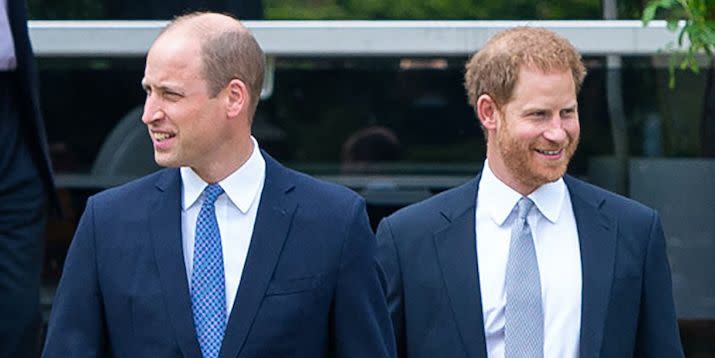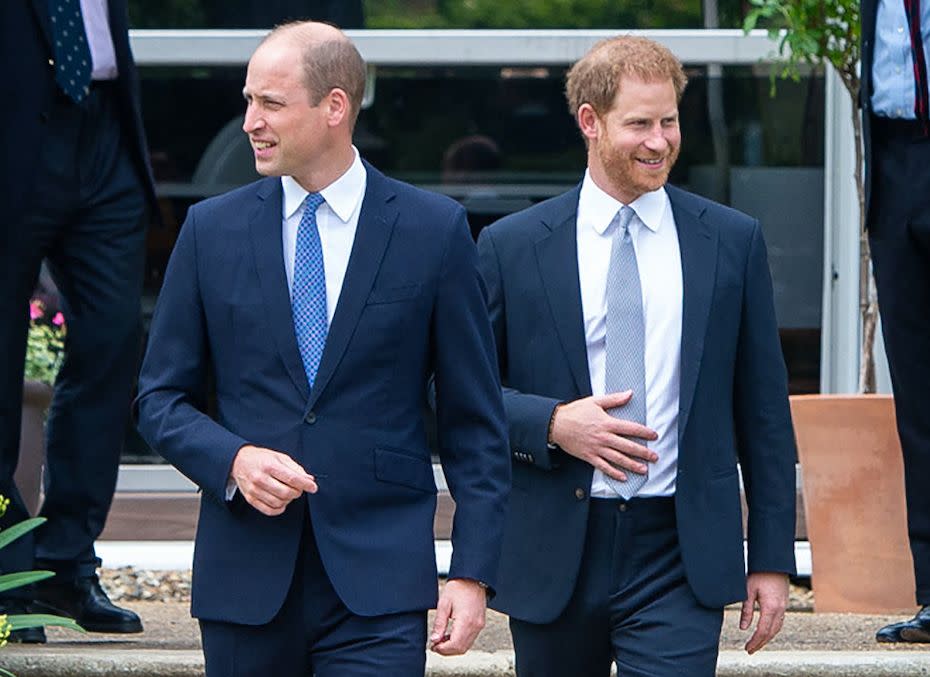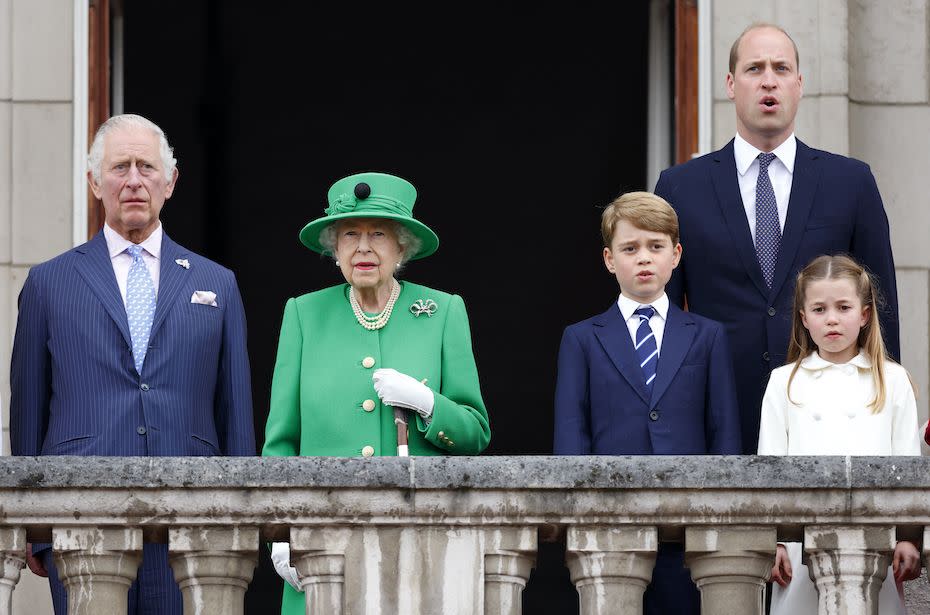Why Prince William and Prince Harry's children have different surnames

Given that our names make up much of our identity, many of us will keep the same surname throughout our lives – with the exception of those who decide to change their name after marriage. But, the same can't be said for the Royal Family, who often change their surname depending on their title.
It's one of the reasons why the Cambridge children – eight-year-old Prince George, seven-year-old Princess Charlotte and four-year-old Prince Louis – have a different surname to the Sussex kids – three-year-old Archie Harrison and one-year-old Lilibet Diana – despite being paternal cousins. So, why do Prince William and Prince Harry's children have different surnames?
To answer that question, we first need to take a look at why William and Harry have different surnames. Growing up, the royal brothers went by the surname Wales which they adopted from their father Prince Charles, whose royal title is the Prince of Wales. At school the pair were known as the Wales brothers, and during their time in the army William was known as Lieutenant Wales with Harry taking the rank of Captain Wales.

But, when Prince William went on to marry Kate Middleton, the Queen gave him the title of the Duke of Cambridge – as such, their three children adopted the surname Cambridge, much like how Princesses Beatrice and Eugenie use the surname York, as their father once held the title of, the Duke of York.
Similarly, when Prince Harry married Meghan Markle, he became known as the Duke of Sussex, however their two children do not have Sussex as their surname. That's because many decades ago, the Queen declared that male line descendants of the monarch without royal titles would bear the surname Mountbatten-Windsor, according to the royal family's official website.
"In 1960, The Queen and The Duke of Edinburgh decided that they would like their own direct descendants to be distinguished from the rest of the Royal Family," the website explains, referencing how in 1917 George V declared that all descendants in the male line of Queen Victoria, would have the surname Windsor.

"It was therefore declared in the Privy Council that The Queen's descendants, other than those with the style of Royal Highness and the title of Prince/Princess, or female descendants who marry, would carry the name of Mountbatten-Windsor," the website adds.
So there you have it!
You Might Also Like


